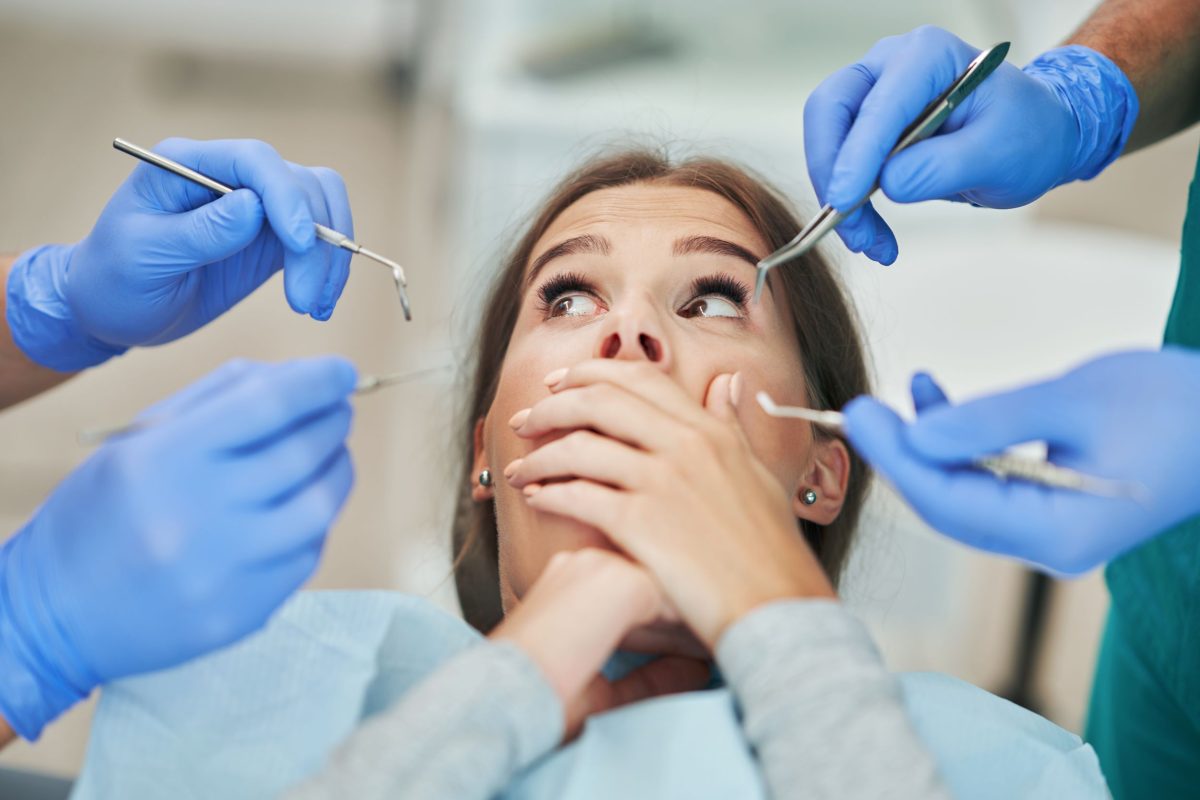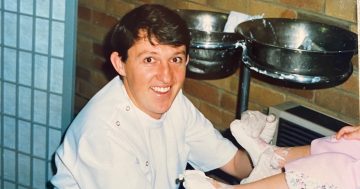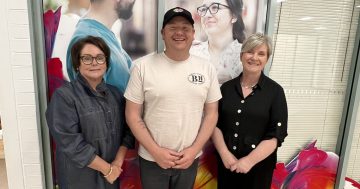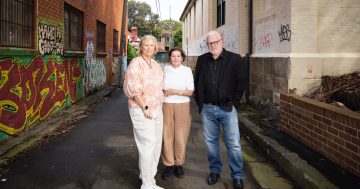
Odontophobia – intense fear of dentists and dental treatment – affects about one in seven Australian adults. Photo: macniak.
James T is one of the most patient men I’ve met in life.
He is my dentist and, despite my intense fear of dental interrogation and treatment, he’s never threatened to throw me off the books over my weird antics in the chair.
In fact, he even goes along with my self-styled stress buster routine I subject him to seconds after I slump into the chair with a rising heart rate, terrified wide eyes and rigid legs that look like they’ve been ironed straight.
Even for a mere clean and plaque removal, it goes something like this just before he puts that buzzing plaque scraper near my mouth.
“So James, after the first 10 seconds, you have to stop so I can steady my heart rate and breathe, and then after that you can make it every 15 seconds,” I say, and he nods obligingly.
It doesn’t stop there.
“If you forget, I’ll raise my hand and you must stop,” I add with emphasis and again he nods his head obediently.
His assistant is just as patient and tries to calm the situation with chit-chat, but it never works, although I do appreciate her efforts.
I’ve thought it through and it’s not the fear of pain linked with, say, hitting a nerve or the sting of a needle.
It’s more to do with the fear of gagging and choking with the flurry of activity in the mouth with tools of the trade that sound like jackhammers in competition with saliva vacuums that send water trickling and tickling down the throat.
After a recent visit, I asked James if I was his worst patient, to which he answered, “Oh no, we have people who refuse to get in the chair,” he says.
It was comforting to know I am not alone and certainly not the worst.
Odontophobia – intense fear of dentists and dental treatment – affects about one in seven Australian adults, making it one of the most prevalent anxiety disorders in the country, according to a 2017 National Health and Medical Research Council report.
Symptoms include crying, vomiting, trembling, sweating, heighted heart rates and dry mouth sometimes as early as the day before a scheduled appointment.
This is an extract from a 2018 Cambridge University Press online study: “Although a number of papers have been written emphasising the need for conservative dentistry and describing various ways of dealing with patients fearful of dental treatment, little systemic attention has been paid to understanding the basis of this impediment. A fear of dental treatment is, indeed, so common that it can almost be considered normal, unless it is of such a degree as to interfere with much needed dental care.”
Damn, I almost scraped in to the normal category. However, for some of the more extreme and drawn-out treatments like crowns or veneers, I would definitely avoid treatment if not for the fact my health insurance includes coverage for those sorts of problems to be done under full anaesthetic in hospital.
But it could be worse. I remember one of the school mums telling me she couldn’t even cope with a filling in the chair and had to have it done under full anaesthetic in hospital.
The study suggests that dental anxiety can be linked to early negative experiences, and I agree because I still have vivid memories of my first visit to the dentist with my mother for a tooth extraction at the age of six.
It was a gloomy surgery in Newtown with pale green walls and a gruff dentist who didn’t answer when I asked, “Will it hurt?” Instead, he placed a mask over my face and flicked a switch on – a vile smelling gas to knock me out.
So, thank goodness for modern dentistry and for the patient James Ts of the world who are gallantly nursing the dentally wounded from yesteryear.
But unfortunately, it has created an even greater dread – what will I do when James retires? By then I hope I’ve got a full set of gleaming dentures.
Original Article published by Michele Tydd on Region Illawarra.










